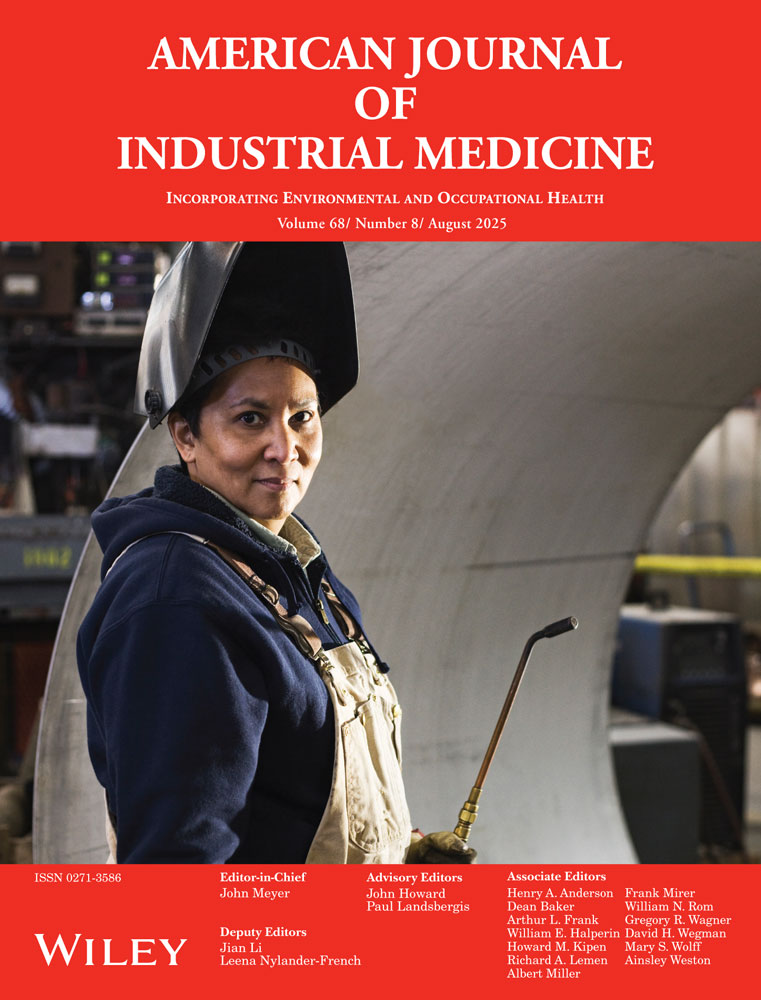Occupational risk of decreased plasma cholinesterase among pesticide production workers in Taiwan
Abstract
To determine the influence of ventilation control and work practices on the health of workers potentially exposed to organophosphate and carbamate compounds, we examined a total of 989 employees from pesticide factories in Taiwan during 1986–1987. Each employee was examined by a physician, and a blood sample was drawn for plasma cholinesterase, complete blood count, and liver and renal function tests. Forty-one employees with medical conditions that might alter the plasma cholinesterase were excluded. Results showed that 43 of 515 production employees had decreased plasma cholinesterase as compared with four of 340 non-production employees. Production employees working under adequate ventilation control seemed to have a lower prevalence of decreased plasma cholinesterase than those under inadequate ventilation control, although the difference was not statistically significant (p = 0.242). There was a significant association between the level of housekeeping and work practices and the prevalence of decreased plasma cholinesterase (p = 0.022). We conclude that inadequate ventilation control and poor work practices may create a potential danger of pesticide poisoning among production employees in Taiwan and should be corrected immediately.




